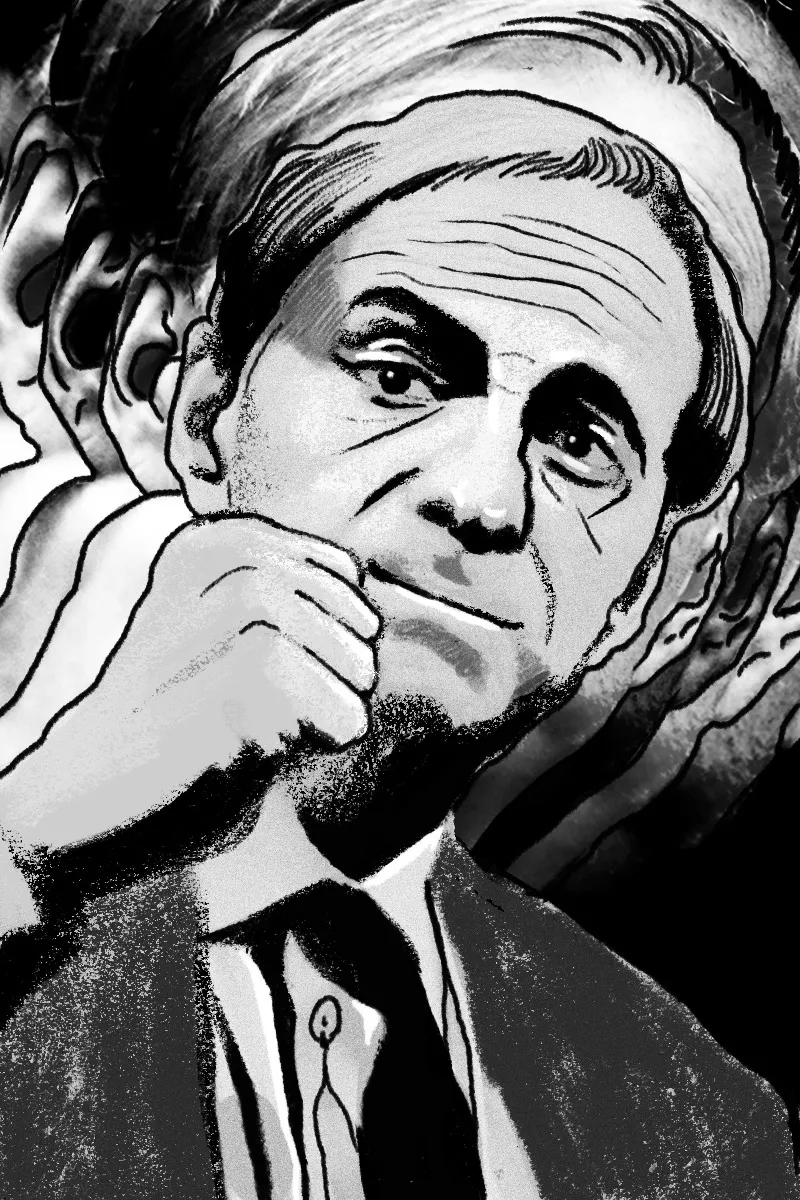Here’s What Ray Dalio Made in Bridgewater’s Impressive 2018

Illustration by II / Photo by Jason Alden/Bloomberg
The founder of the world’s largest hedge fund firm was one of the top-earning managers of 2018 — and a strong contender to lead this year’s Rich List.
Donald Trump
Bob Prince
Ray Dalio
Bridgewater
Dalio

